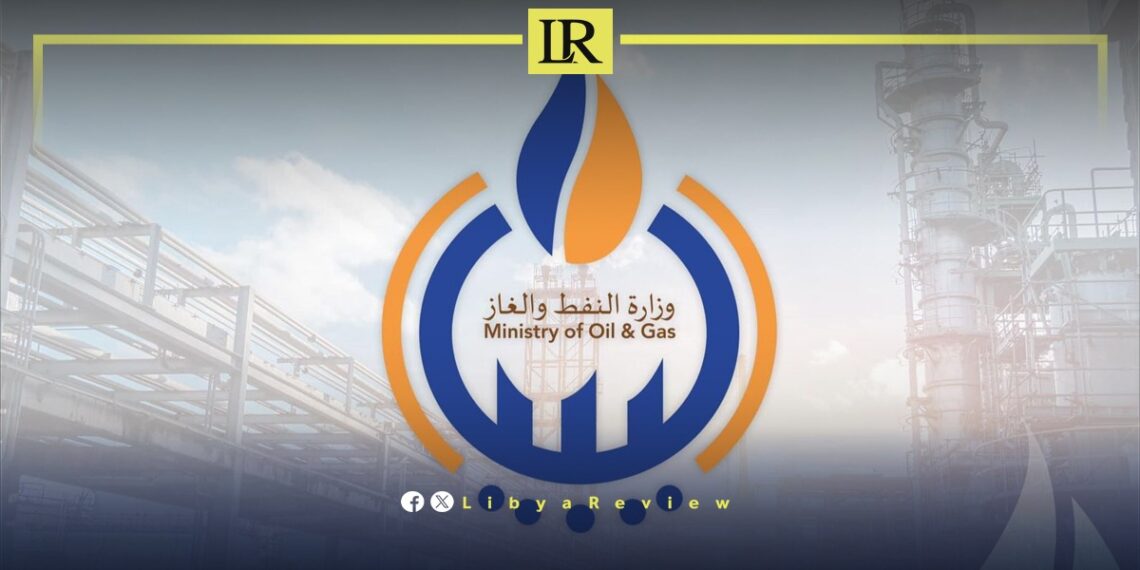The Libyan Ministry of Oil and Gas in the Government of National Unity (GNU) has formally requested the UK government to provide clarification following remarks made by a British minister regarding corruption in Libya’s oil sector.
The Oil Ministry conveyed this request through Libyan Foreign Ministry, seeking detailed information to report to the Libyan government and judicial authorities.
In a statement issued on Thursday, the Ministry of Oil and Gas disclosed that it has started compiling data to address the allegations. This includes examining the legal aspects related to accusations of foreign interference and breaches of Libya’s sovereignty under the guise of “extraterritorial legislation.”
The Ministry further urged the British Foreign, Commonwealth and Development Office to supply more comprehensive details and context regarding the claims. The request emphasizes the need for transparency and detailed explanations to understand the full extent and basis of the allegations.
Previously, British Minister David Rutley had stated in a media briefing that the UK plans to investigate any accusations or suspicions of corruption. He highlighted that the UK government would take steps to ensure transparency and the responsible use of Libya’s resources in accordance with international laws.
This move by the Libyan Ministry underscores the country’s commitment to addressing corruption allegations transparently and its demand for respect for its sovereignty. It also reflects the broader international concern about governance and integrity in managing Libya’s vital oil resources.
On Sunday, the National Oil Corporation (NOC) of Libya announced that it has transferred $7.62 billion to the Central Bank of Libya (CBL) over the first five months of 2024. This substantial sum, generated from oil exports, underscores the vital role of the oil sector in sustaining Libya’s economy.
The transfers were executed through 11 separate transactions between January and May.
In January, $1 billion was transferred on the 28th, followed by $500 million on February 11, and another $1 billion on February 20. March saw a series of transfers totaling $2 billion, with $500 million transferred on the 4th, 14th, 28th, and 31st. In April, $1 billion was transferred on the 24th.
May’s transactions included $1.172 billion on the 15th, $750 million on the 29th and $200 million on the 30th.
April alone witnessed oil revenues amounting to 1.37 billion Libyan dinars, highlighting the critical importance of oil exports to Libya’s economy. The NOC’s efforts in maintaining steady oil production are crucial in a country where oil revenues form the backbone of GDP and foreign exchange earnings.
Despite these significant revenues, Libya’s oil sector faces numerous challenges. Political instability, infrastructure issues, and fluctuating global oil prices pose ongoing risks. Additionally, the equitable distribution of oil revenues remains a contentious issue, often fueling political and social tensions.


